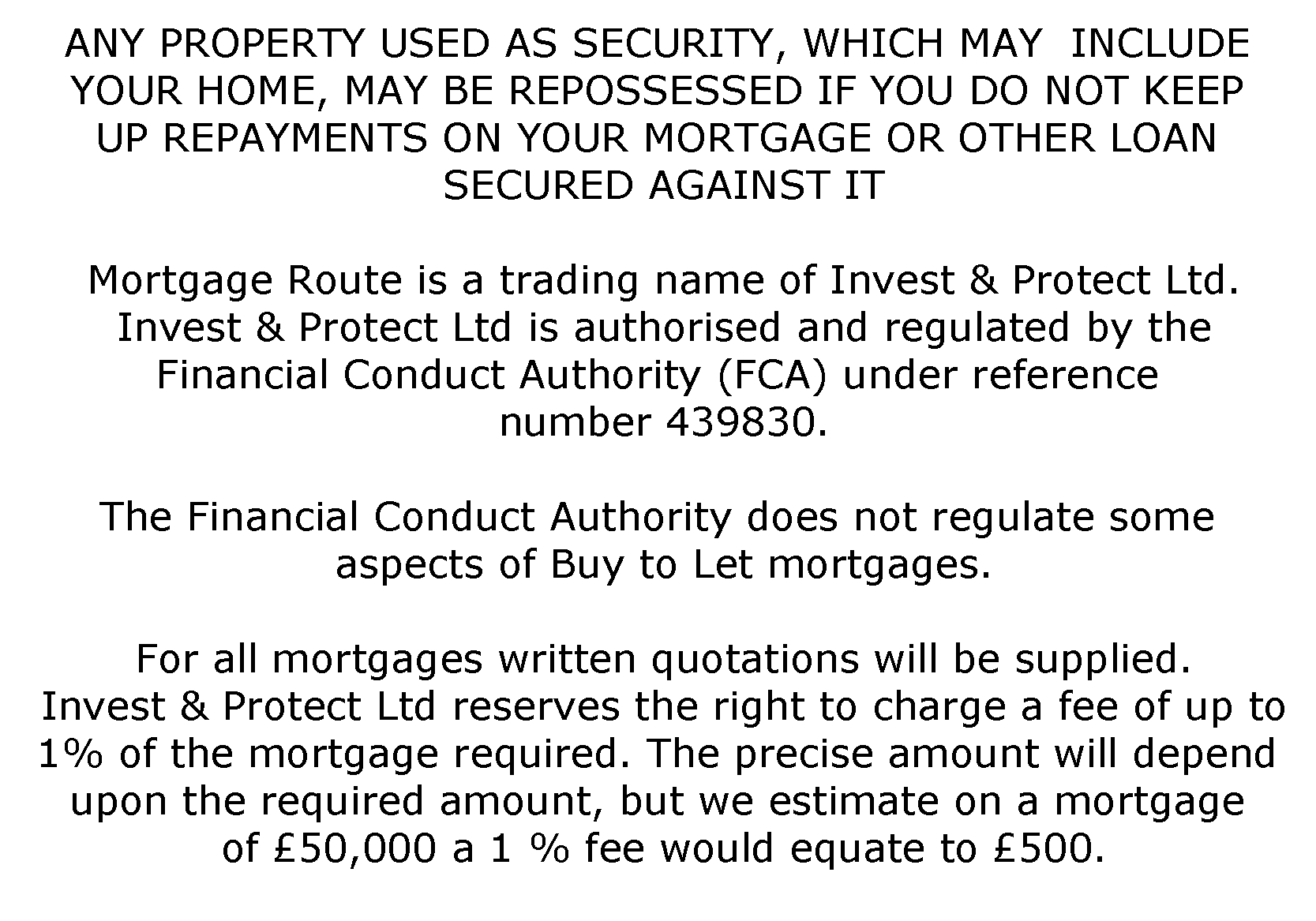You may have noticed over the last month many countries have past bills in their governments to inject substantial amounts of cash into their banking system. They have done this on the understanding that all the bad loans also known as toxic debt is weakening the institutions and rendering us unable to borrow money so leaving us all worse off as a result.
The burning question now is whether or not this cash injection will have the desired effect so that we are able to borrow money confidently again. At present I am only able to comment on the effect these changes will have on the general public in the United Kingdom, as I am unaware of how other global markets work within their countries, and therefore am unqualified to comment. There may be similarities in how the markets work, but it is best to take my comments here as a rough guide only if outside the UK.
The general public is under the impression that the credit crunch is due to the banks not having enough money to lend. Logic would then dictate that by giving the banks more money the problem is resolved. Unfortunately this is rather far from the truth. The lack of money to lend is only the tip of the iceberg. Banks have been burned by the bad debt accrued over the last few years and are therefore now much more cautious about lending again. Their careless actions in the past will prove much more difficult to rectify in times to come.
The main result and contributory factor to the current financial predicament is that of house prices, and house prices are not only falling but are set to continue to fall for the foreseeable future. Consequently lenders are finding that they have to tighten all their criteria not least in the area of loan to value LTV, that is the amount of money that is lent based on the value of the property. Most lenders during 2007 lent up to 95% LTV some lent 100% LTV and in some cases they went as high as 125%LTV.
While the market is buoyant most annalists will agree this type of lending is OK. Think about it if you lend on a 100,000 house 125% which results in a loan of 125,000 and the house price rises over the next three years at a rate of 10% per annum, which was not unheard of. Then your LTV in three years time would only be 93% this is alright from a lending point of view and what would be considered an acceptable risk.
But the problem that we face is that house prices are going in the opposite direction. The decline is at least 10% and analysts figure that it could get worse. So, if 100,000 was lent on an 85,000 property then in the same three year time span the loan could have actually increased to 118% LTV. Now I am sure you would agree that in this present climate that this sort of loaning is both irresponsible and detrimental to all involved.
So what does the future hold for the market and will the bailout be the solution to the problem. Well I can only give my own personal professional opinion and nothing is set in stone but realistically I would perceive the bailout as having very little effect. They simply cannot lend at the high loan to values even though they have been committed in 2009 to lend at the levels reached in 2007. You see the majority of loans being agreed at present are dealing with people coming out of rates that had been pre-arranged over the last 5 years. Due to the downward spiral of house prices these people are going to be pushing the LTV up.
Another thing to consider is the high amount of self certification mortgages that have been arranged over the last 5 years. These types of mortgages will definitely be a rarity because they are seen as to high a risk and the institutions don?t want to know. And even if they are available the LTV will be far lower so what are the consequences in that scenario?
In conclusion, although the cash injections can only be welcomed as a step in the right direction, I fear that there will be little knock on effect whilst housing prices continue to plummet and lenders fail to meet the level of lending that was rife before 2008. It seems more likely that the money will be stored up for the future. This will unfortunately create a catch-22 situation where the prices continue to fall because of the low LTVs and the tight lending criteria, in turn making the lenders more nervous about lending. It seems to me that the only way out will be for someone to bite the bullet and take the risks again at lending, even taking into account the possible risks involved.

|

